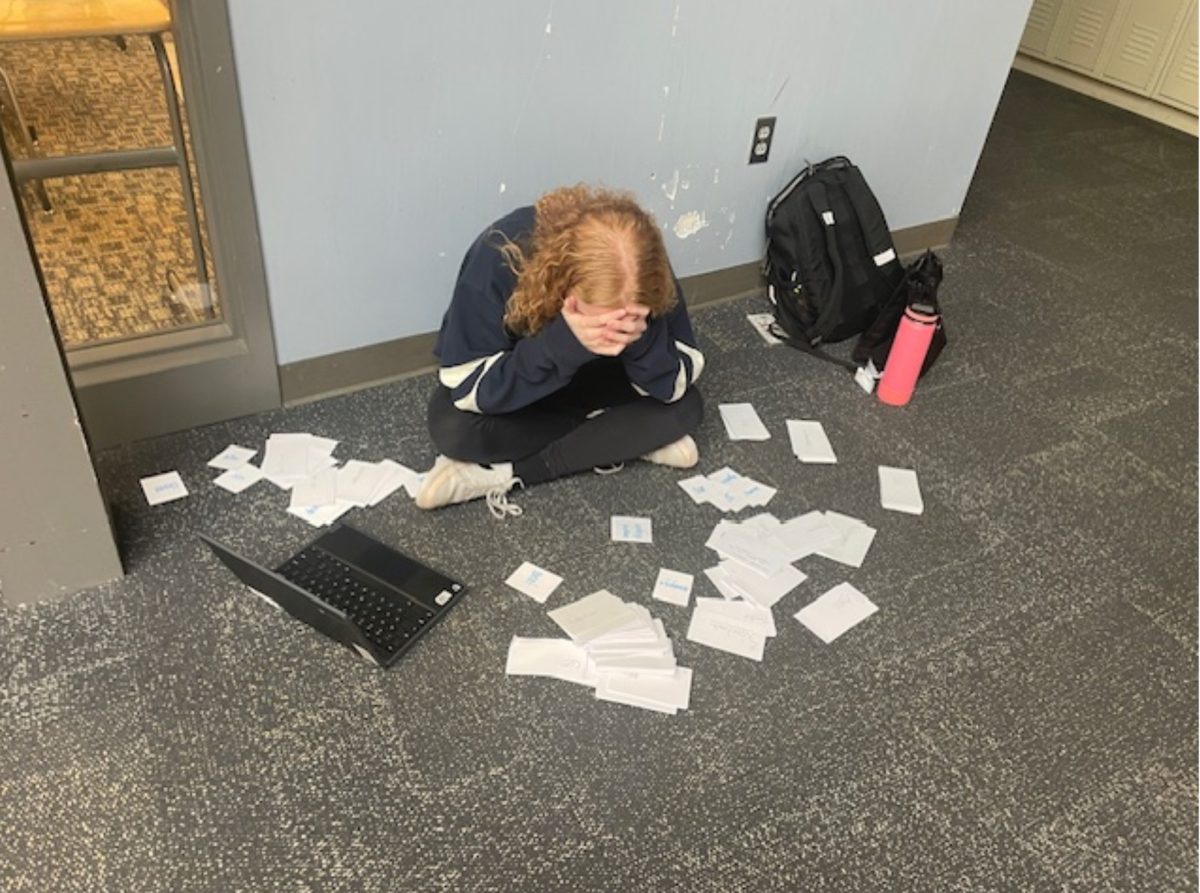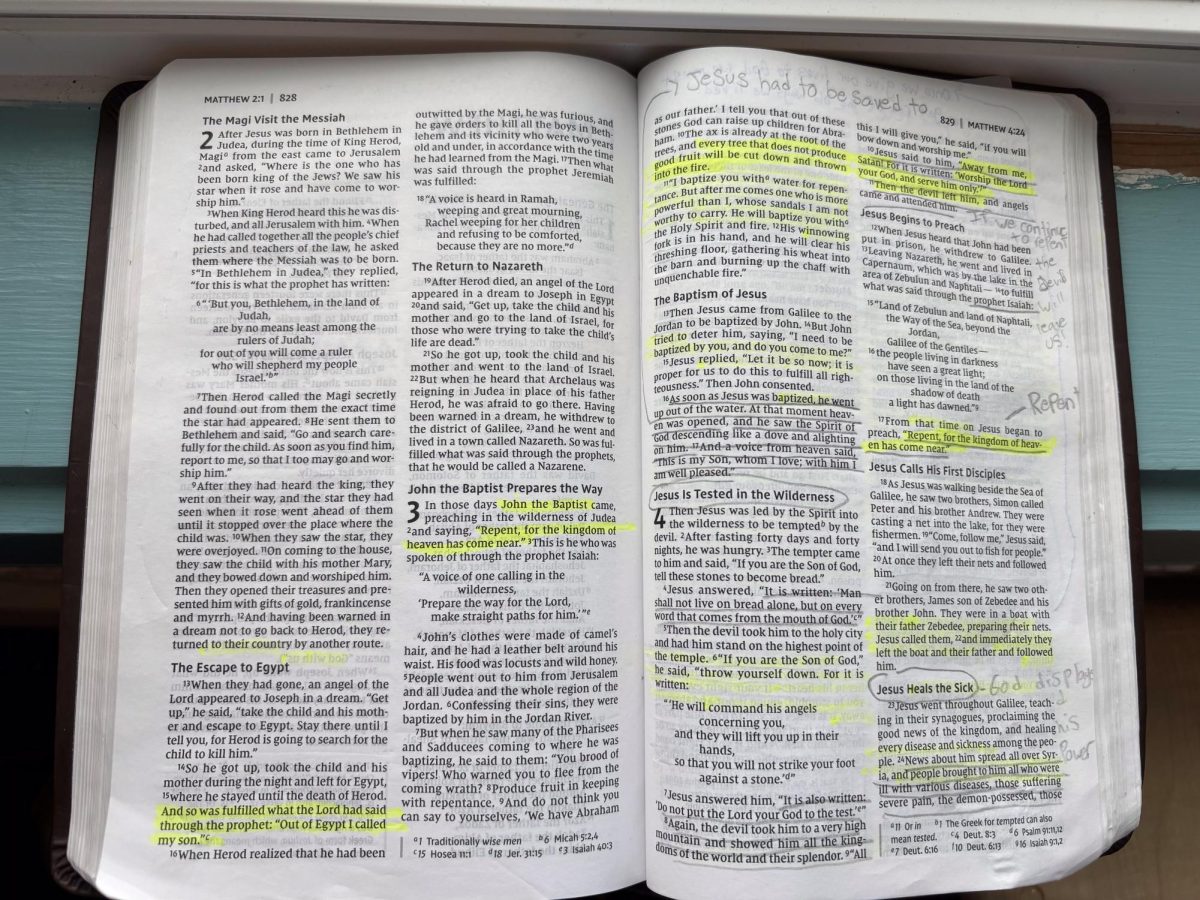It’s New Year’s Day 2025 and, predictably, the parking lots of all the area gyms around the Community School of Davidson (CSD) are overflowing.
For those choosing to stay home, many are deleting addictive social media apps from their phones, cleaning their houses or throwing out the junk food from their refrigerators.
Why the flurry of activity? New Year’s resolutions.
What are New Year’s resolutions? They are goals or intentions people set beginning on January 1 each year in an effort to positively change their lives in the New Year.
According to the Pew Research Center, about 79% say their resolutions concern health. Smaller but still sizable shares make annual resolutions about money or finances (61%), personal relationships (57%), hobbies or personal interests (55%), or work and career (49%).
January 1 is a brand new fresh start every year, and therefore people are more motivated to improve their lives and start working towards goals. This is what New Year’s resolutions have always represented
While New Year’s resolutions are widely regarded positively and promote personal growth, there is an opposing side to New Year’s resolutions. Some believe this goal-setting strategy is stressful.
“You’re not going to completely change yourself just because it’s a new year,” Tess Hobbs (‘27) said. “I think it just makes the whole new year more stressful. I would say that New Year’s resolutions are important but only if you’re making smaller changes to your life. It’s important to stay true to who you are.”
Working towards any kind of goal is difficult, so hard in fact, that there is a national day every January known as “Quitter’s Day.” It is the day when many people who set New Year’s resolutions give up on their goals. In 2025, Quitter’s Day was January 10.
“The fact that there even is a day called Quitter Day just shows that people probably put too much stress on their New Year’s resolutions,” Hobbs said.
Despite there being a Quitter Day, some people stick with it. Many last as long as one full month into the New Year and others carry resolutions even longer.
CSD Economics and Personal Finance teacher, Cindy Khaleeq, sees the calendar change as a chance to start again.
“I have read four books already since January and have only missed six days of working out,” Cindy Khaleeq said. “However, I think the timing can be difficult for many. Being a teacher, I feel like the start of the new year is usually symbolic of returning to school. I typically reset my professional goals and the leisure time I have available with a new academic calendar.”
Others believe New Year’s resolutions unintentionally shed light on bad habits.
“I think that New Year’s resolutions should be a means of growth not something that shadows regret or makes you feel as though you aren’t living correctly,” Ruthie Reddick (‘26) said. “A new year is an opportunity to become who you want to be not to resent who you have been.”
More people shared their opinions on the topic through a poll which posted in early January for two weeks on the Spartan Sentinel. 50% of voters said they “gave up on making [resolutions] a long time ago” and 20% said they “forgot but since it’s still early January [they’re] making one anyway!”
Ultimately, how to go about making and keeping New Year’s resolutions (or even going about them at all) is up to each person. The motivation and fresh start of January 1 might work for some while others have different opinions entirely.
Either way, 2025 is a reason to celebrate and (re)commit.








